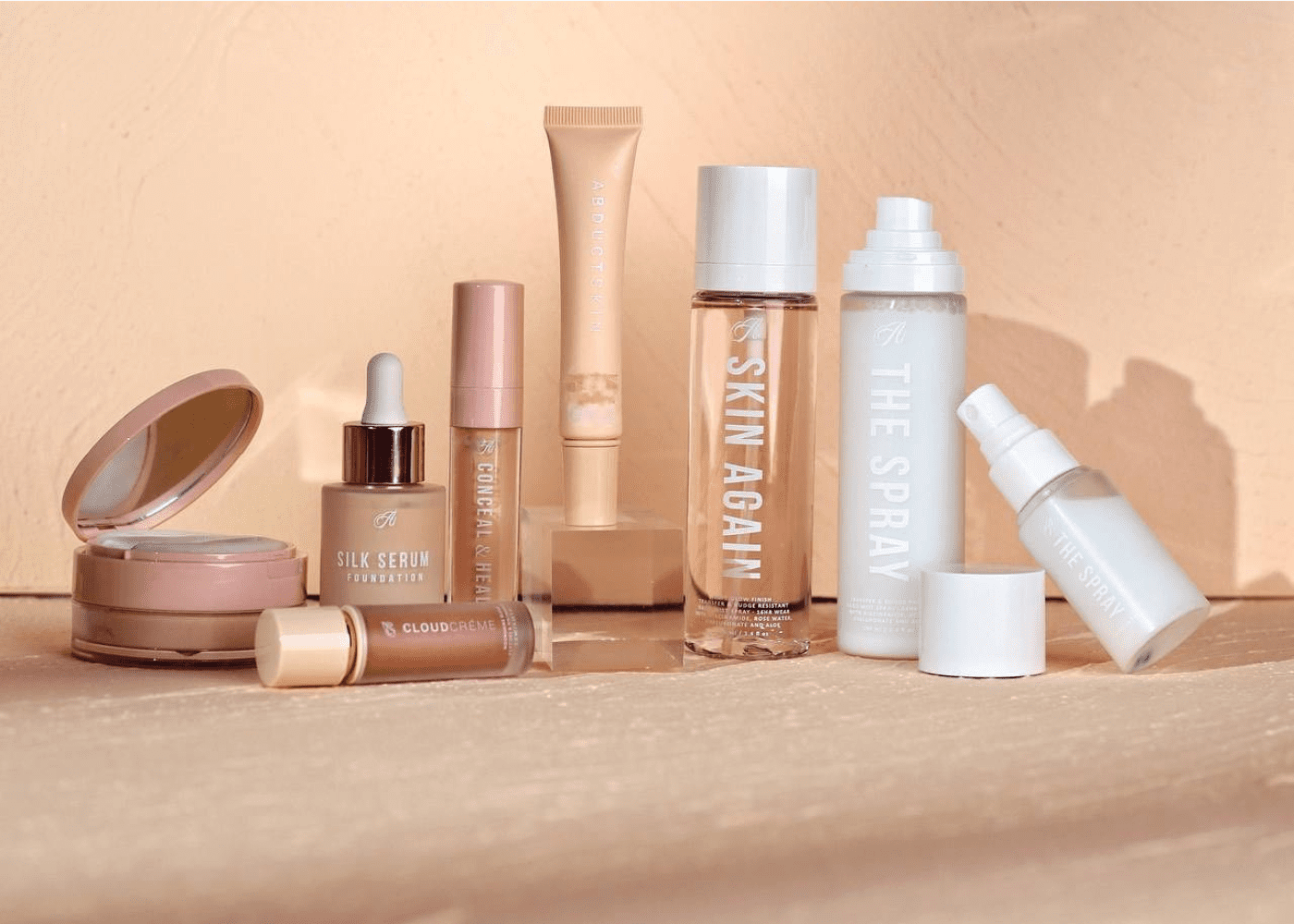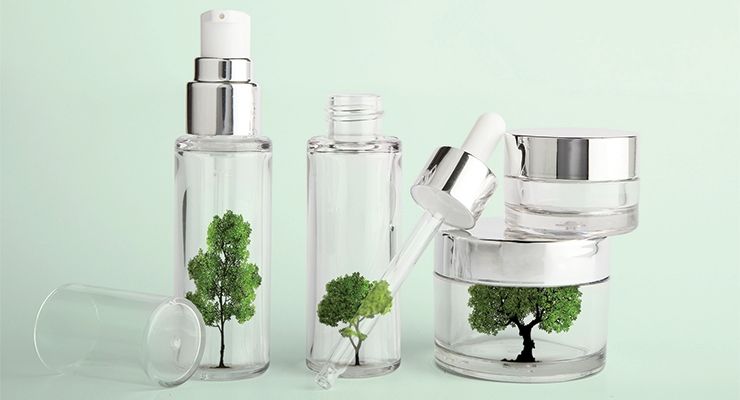In recent years, there has been a growing awareness and demand for cruelty-free and vegan cosmetics. As consumers become more conscious of the impact their choices have on the environment and animal welfare, the beauty industry has responded with a surge in products that meet these ethical criteria. This shift reflects a broader movement towards sustainability and compassion, and it is changing the way we view and purchase our makeup and skincare products.
Cruelty-free cosmetics are products that have not been tested on animals, and vegan cosmetics are those that do not contain any animal-derived ingredients. Both of these categories promote not only the well-being of animals but also environmental sustainability and, in many cases, the health of consumers. Let’s delve deeper into this exciting and rapidly evolving world of cruelty-free and vegan cosmetics.
The Ethical Implications:
One of the key drivers behind the popularity of cruelty-free and vegan cosmetics is the growing ethical concerns surrounding animal testing and the use of animal-derived ingredients in beauty products. Traditional cosmetic testing methods often involve subjecting animals to painful and sometimes lethal experiments. The demand for cruelty-free products has led to a reduction in these practices, as more companies opt for alternative testing methods, such as in vitro testing, computer modeling, and testing on human volunteers.
Vegan cosmetics, on the other hand, eliminate animal-derived ingredients like beeswax, lanolin, and carmine from their formulations. This not only avoids contributing to the exploitation of animals but also appeals to a wide range of consumers who prefer products aligned with their ethical values.
Environmental Benefits:
Beyond the ethical concerns, cruelty-free and vegan cosmetics often align with eco-conscious principles. These products typically use sustainable, plant-based ingredients and are formulated with a focus on reducing environmental impact. This includes using recyclable and biodegradable packaging, as well as minimizing the use of harmful chemicals and reducing waste.
The avoidance of animal agriculture for cosmetic ingredients further supports the environment. The livestock industry is a significant contributor to greenhouse gas emissions and deforestation, so using plant-based alternatives can help reduce the ecological footprint of the beauty industry.
Health Considerations:
Cruelty-free and vegan cosmetics may also be beneficial for consumers’ health. Many animal-derived ingredients in traditional cosmetics can cause allergies or skin sensitivities. By using plant-based alternatives, vegan products are often gentler on the skin, making them suitable for a broader range of users, including those with allergies or sensitive skin.
Moreover, the absence of harsh chemicals, synthetic fragrances, and parabens in cruelty-free and vegan cosmetics can contribute to healthier and more radiant skin. Consumers can be more confident that these products contain fewer potentially harmful ingredients that can be absorbed through the skin.
Market Growth and Accessibility:
The surge in demand for cruelty-free and vegan cosmetics has led to an increased market presence. Today, you can find an array of products from well-established brands and indie companies, ranging from makeup and skincare to hair care and fragrance. The variety and quality of these products have improved significantly, dispelling the myth that ethical beauty compromises on performance.
Accessibility to cruelty-free and vegan cosmetics has also increased. Major retailers now carry dedicated sections for these products, making it easier for consumers to make ethical choices. This accessibility has allowed these products to reach a wider audience, catering to the needs and preferences of different demographics.
Certifications and Labels:
To help consumers make informed choices, various certifications and labels have been established to verify the cruelty-free and vegan status of cosmetic products. Look for certifications from organizations like Leaping Bunny, PETA, and The Vegan Society. These labels indicate that a product has undergone rigorous assessments to meet the criteria for ethical and sustainable cosmetics.
Challenges and Future Outlook:
While the growth of cruelty-free and vegan cosmetics is promising, the beauty industry still faces challenges. Greenwashing, where companies falsely claim their products are cruelty-free or vegan, remains an issue. Consumers must remain vigilant and informed about the brands and products they choose.
The future of cruelty-free and vegan cosmetics looks bright as innovation continues to drive progress. Companies are constantly seeking more sustainable and cruelty-free alternatives, pushing the industry to evolve. As consumers become more conscious of their choices, they drive positive change in the beauty industry and contribute to a more ethical and environmentally responsible world.
In conclusion, the world of cruelty-free and vegan cosmetics represents a significant step forward in the beauty industry. It is driven by a desire for ethical, sustainable, and healthier choices, and it provides consumers with options that align with their values. As this movement gains momentum, the beauty industry’s transformation toward cruelty-free and vegan practices will not only benefit animals but also the environment and the well-being of consumers. So, the next time you shop for cosmetics, consider exploring this compassionate and eco-friendly world of beauty products.





